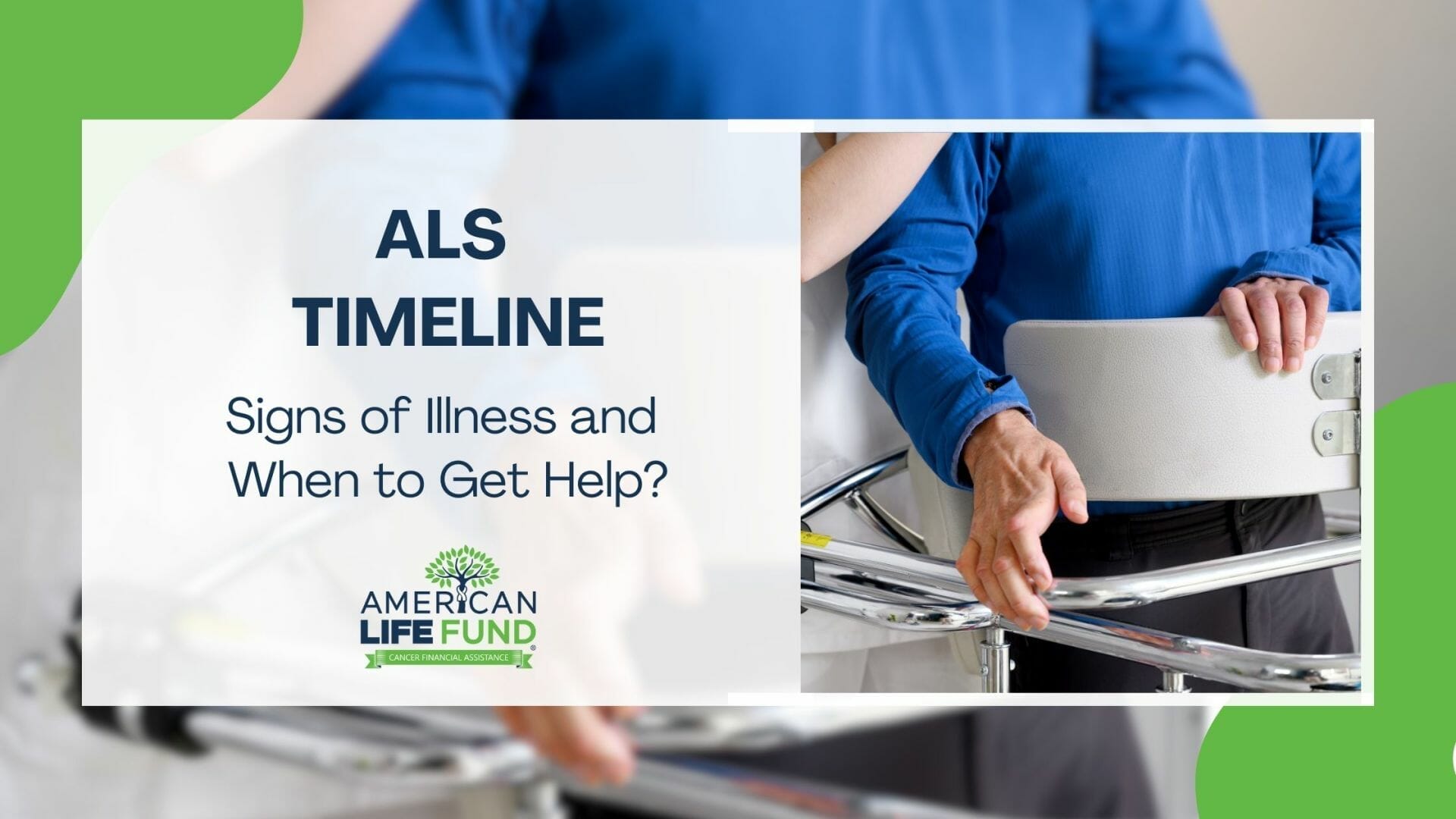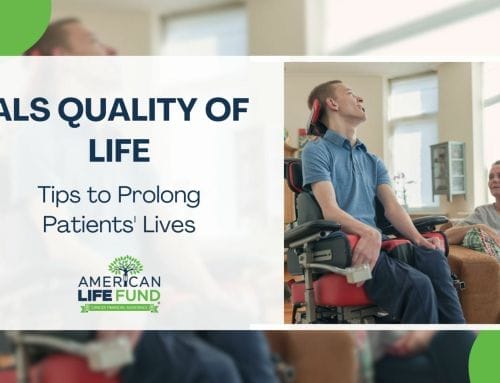ALS, or Amyotrophic Lateral Sclerosis, is a progressive neurological disease that affects nerve cells in the brain and spinal cord. The stages of ALS can be hard to diagnose, and it is a fatal disease, with most people succumbing to it within 3-5 years of diagnosis. It is also called Lou Gehrig’s Disease, after the famous baseball player diagnosed with it in 1939.
Early-stage diagnosis and treatment of ALS can extend a person’s life by months or even years. This blog post will discuss the symptoms and stages of ALS and how to get help if you think you or someone you know may be suffering from it.

Beginning And Early Stages Of ALS Symptoms
The early stages of ALS, also called the prodromal stage, can be challenging to detect because the symptoms may be subtle. They can also differ from person to person, making it even more challenging to identify them.
Some common early symptoms include:
- Muscle weakness
- Twitching or cramping muscles
- difficulty speaking or swallowing
The early symptoms usually start on one side of the body and eventually spread to the other side during the early stages. As the disease progresses, it affects more muscles, making it difficult to move, speak, eat, and breathe.

Middle Stages ALS Symptoms
As the disease progresses, the middle stages of ALS, also known as limb-onset ALS, will become more pronounced and impact a person’s daily life.
Some common middle stage symptoms include:
- Muscle weakness that spreads to the arms and legs
- Loss of mobility in the arms and legs
- Changes in speech that make it difficult to speak or swallow
- Difficulty breathing

Late Stages ALS Symptoms
The late stages of ALS, also known as bulbar-onset ALS, are the most debilitating and severe. Most people with ALS will require 24-hour care as they cannot perform even the simplest tasks.
Some common late-stage symptoms include:
- Complete loss of mobility
- Respiratory failure
- Loss of speech
- Complete paralysis
Controlling voluntary muscle movement becomes increasingly complex, and eventually, the person with ALS will lose the ability to breathe independently. As the disease progresses, it becomes fatal.

End Stages of ALS
Towards the end of the ALS stages, patients will experience a decline in mental function. This can range from mild forgetfulness to complete dementia.
Most people with ALS die from respiratory failure, as the muscles that control breathing become paralyzed. Death usually occurs within two to five years of diagnosis.
How Long do Stages of ALS Last?
The stages of ALS can last anywhere from a few months to several years. The average lifespan from diagnosis is three to five years, with most people succumbing to the disease within two to five years.
How to Get Help With ALS
If you think you or someone you know may have ALS, it is vital to see a doctor as soon as possible. Early diagnosis and treatment are critical to extending a person’s life.
There is no one test that can diagnose ALS. A doctor will need to rule out other conditions with similar symptoms before diagnosing. They will also order tests, such as an MRI or EMG, to look for signs of ALS.
If you are diagnosed with ALS, treatments can help manage the symptoms and extend your life. These include:
- Medications to relieve muscle cramps and spasms
- Nutritional supplements
- Breathing assistance devices
- Speech-generating devices
The earlier you start treatment, the better your chances of slowing the progression of ALS and extending your life.

How Can Hospice Care Help ALS Patients?
If you or someone you know has been diagnosed with ALS, hospice care can help. Hospice care is a type of health care that focuses on providing comfort and support to terminally ill patients and their families.
Hospice care teams are doctors, nurses, social workers, chaplains, and volunteers. They work together to provide physical, emotional, and spiritual support.
Hospice care can help ALS patients in the following ways:
- Provides expert medical care and pain management
- Offers emotional and spiritual support for patients and families
- Helps with day-to-day tasks such as bathing, dressing, and eating
- Provides respite care to give caregivers a break
Financing The ALS Journey
ALS is a progressive, degenerative disease that has no cure. The cost of care and treatment can be expensive, especially in the late stages of the disease.
There are several ways to finance your ALS journey, including:
Private Health Insurance
If you are fortunate enough to have private health insurance, it will likely cover some of the costs associated with ALS. However, you may still have out-of-pocket expenses, such as copayments and deductibles.
Government Health Programs And Organizations
There are a number of government health programs and organizations that can help people with ALS. These include:
These organizations can help cover the cost of medical care, equipment, and other services.
Charitable Organizations
Several charities provide financial assistance to people with ALS. Some of these organizations include:
These organizations can help cover the cost of medical care, equipment, and other services.
See our blog post for more information on financial assistance for patients with ALS.
Crowdfunding Campaigns
You can also set up a crowdfunding campaign to help cover the cost of your ALS care. This is a way to get financial assistance from family, friends, and strangers.
You can set up a crowdfunding campaign on websites like GoFundMe. Be sure to include information about your diagnosis and how the funds will be used.
Selling Your Life Insurance Policy Through a Viatical Settlement
If you have life insurance, you may be able to sell your policy for cash. This is known as a life settlement or viatical settlement.
A viatical settlement can give you the money to pay for ALS care and treatment. It can also provide financial security for your loved ones after you are gone.
You can learn more about selling your life insurance policy here.
Final Thoughts
ALS, and other neurological disorders, are complex diseases that can be difficult to diagnose and treat. If you or someone you love has been diagnosed with ALS, know that you are not alone. There are many resources available to help you through this journey.
If you have any questions about our financial program for ALS patients, please contact us. We are here to help!





